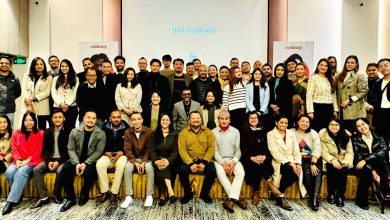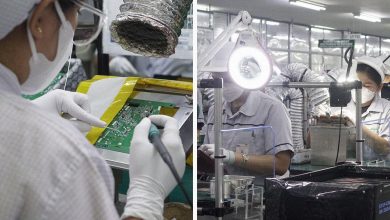MANILA, Philippines – About 77% of Filipinos do not have bank accounts and an even bigger percentage do not have credit cards, but 59% own smartphones. Rising incomes and internet penetration have also changed the way Filipinos shop, resulting in the explosion of e-commerce.
Despite those overarching trends, Philippine e-wallets like GCash and PayMaya have not seen much take-up in the past. In contrast, their Chinese backers Alipay and WeChat have become so ubiquitous in China that even beggars are using them to collect handouts.
In a two-part series, data insights and forensics company TheNerve takes a deep dive into how the Chinese behemoths took off, what’s holding back e-wallet growth in the Philippines, and what Alipay and WeChat’s recent Philippine investments mean for the local market.
“This report concludes that the Philippines, with its huge unbanked population, has become fertile ground for e-wallets to flourish,” says Amalia Gaviola, Director of Revenue and Strategy of TheNerve.
“It will be interesting to watch how Filipino consumers will adopt this alternative payment method with several players enticing them to break old payment habits by going cashless,” Gaviola adds.
Check out TheNerve’s full reports on the e-wallet sector :
Why the Philippines has been slow to adopt e-wallets
And why that’s about to change
Coins, GCash, GrabPay, PayMaya: Who’s leading the mobile payments war in PH?
Take a close look at how the competition is playing out so far
About TheNerve
TheNerve is a Manila-based consultancy that specializes in analyzing data to bring forth powerful insights and narratives.
Believing that data can deliver real-world impact, the company enables its partners across a wide range of industries to cut through the clutter and extract value and meaning from various datasets. The insights guide partners’ business decisions and help them engage with their communities better.
Composed of a team of data scientists, business strategists, award-winning storytellers, and designers, the company is on a mission to transform data science into data relevance.










